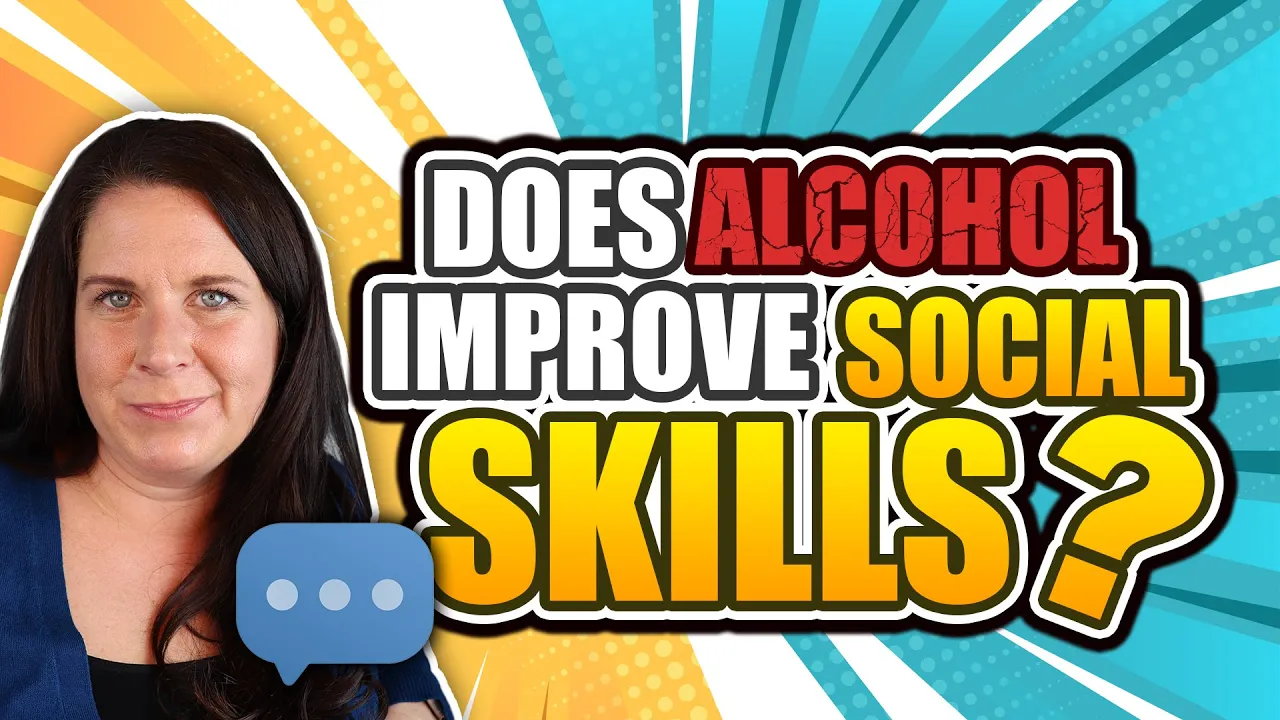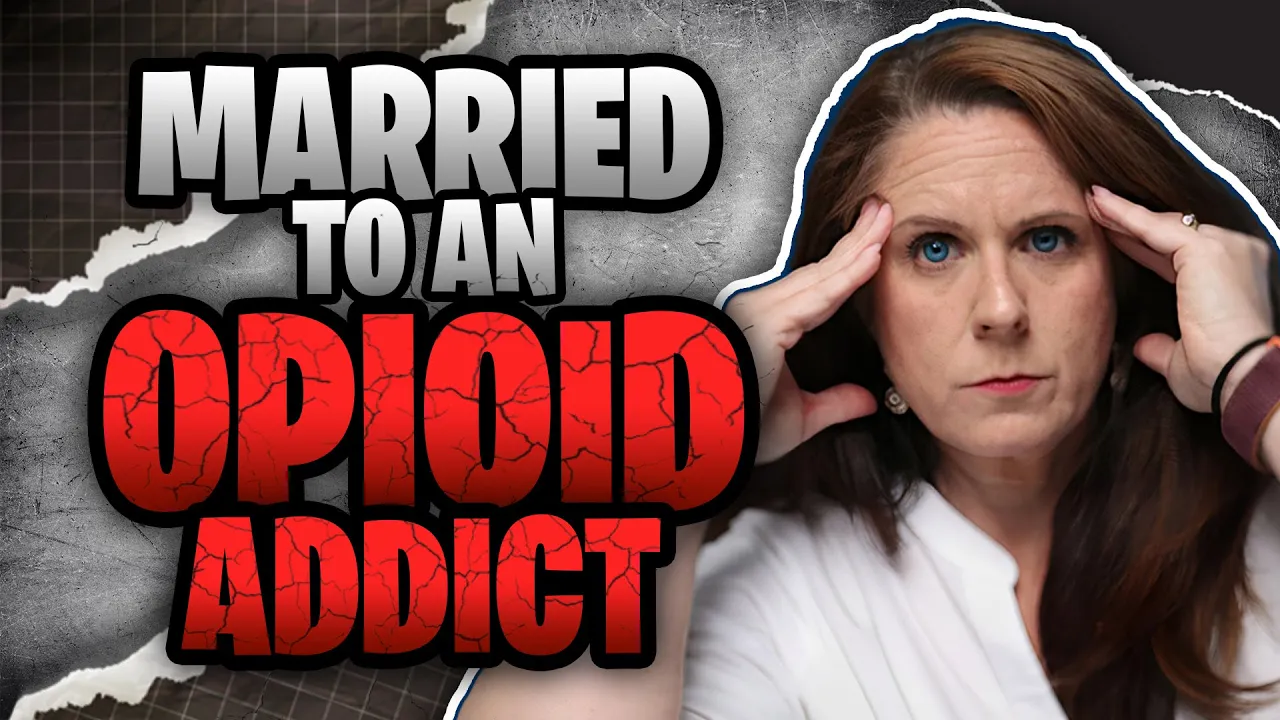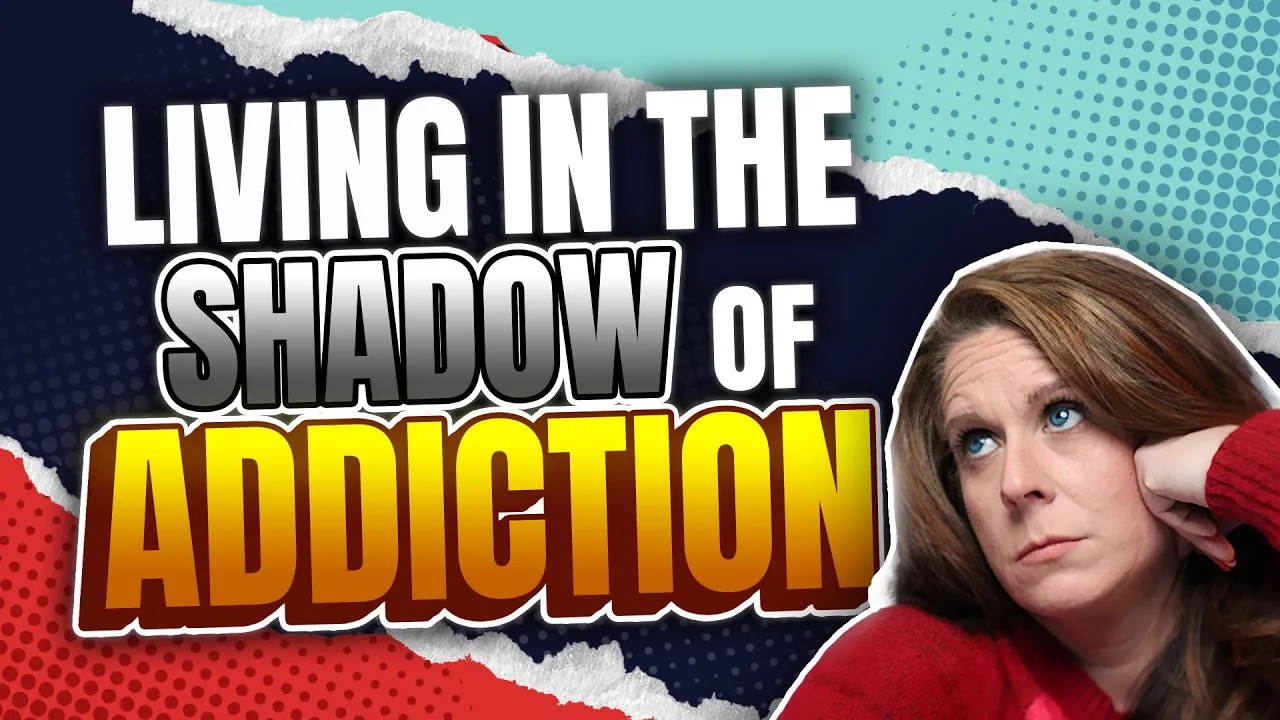Why Willpower Alone Is NOT Enough To Beat Addiction

Willpower Alone Won’t Save You from Addiction—But This Will
Understanding the science of willpower could be the game-changer in your recovery journey. Whether you’re just beginning your path to sobriety or supporting someone you love, knowing how willpower actually works is key to making smarter, more effective decisions—and avoiding relapse traps.
What Is Willpower—and Why It’s Not Enough
Many people assume that getting sober is all about “just wanting it badly enough.” But here’s the truth: willpower is like gas in a tank. You only have so much of it, and if you burn through it too fast, you’re left stranded.
Willpower is:
-
Finite: It runs out as the day goes on
-
Rechargeable: Quality sleep helps restore it
-
Expendable: Every decision, emotion, and temptation uses it up
Understanding how your “willpower tank” works can help you create strategies that support your recovery without burning out.
8 Hidden Things That Drain Your Willpower Daily
Especially in early...
The Truth Behind "Drink In Moderation" | How Cutting Back Can Be BAD
The Moderation Trap: Why Cutting Back Feels So Exhausting
If you’ve been riding the rollercoaster of “doing good” then falling off the wagon, it’s not because you lack willpower. In fact, if you’re able to moderate sometimes, it’s proof that you’re trying really hard. But biology often overrides intention.
Moderation can work… until it doesn’t. You white-knuckle your way through happy hour. You set rules. You buy the mini bottles. You bargain with yourself. But then the cravings hit—and when they do, you’re back to square one. And let’s be honest: those mornings after? The shame spiral, the promises, the exhaustion—it’s brutal.
So why is this happening?
The Science of Why Moderation Fails
There are three core reasons moderation is nearly impossible for most people dealing with substance issues:
1. The Rebound Effect
Whatever your substance of choice does for you—calm you down, perk you up, make you feel less anxious—your brain eventually learns to counteract that effect. If al...
Addicts Blaming Others | A Detailed Guide On WHY & HOW To Deal With It
The Real Reason You Can’t Get Through to Your Addicted Loved One — And What Actually Works
If you’re watching your loved one spiral deeper into addiction while still showing up to work, paying some bills, or pretending “everything’s fine,” you’re in the hardest place to be: the messy middle. That gray area where they’re just functional enough to stay in denial, but deep in the cycle of substance use.
You’ve likely begged. You’ve threatened. You’ve cried. You’ve prayed. You’ve tried everything... and it still feels like you're losing them.
The truth? It’s not that your loved one can’t recover — it’s that the way you’re trying to help isn’t working. But there’s good news: there’s a better way, and it starts with getting out of the “bad guy” role.
Why Your Efforts Haven’t Worked (Yet)
Let’s break down the hard truth: most families unintentionally push their loved one further away by trying to force awareness, rush the recovery process, or confront them with shame. Here's what that ...
ONE Question Can Change How You Approach Your Loved One's Addiction
Meet Amber AI: The Game-Changing Addiction Recovery Tool You Can Talk to 24/7
If you or someone you love is battling addiction, you know how overwhelming and isolating it can feel. The questions, the fear, the late-night spirals where you just wish someone could tell you exactly what to do.
Now imagine if you had access to a personal recovery expert—someone who’s spent 20+ years working with families impacted by addiction, who knows the strategies, the emotions, the setbacks, and the breakthroughs—and could talk to you at 2AM when it all hits the fan.
That’s exactly what Amber AI was built to do.
💡 What Is Amber AI?
Amber AI is an AI-powered recovery tool—think of it like a digital version of me (Amber Hollingsworth), built with every piece of content, strategy, and technique I’ve developed over two decades of working with addicted individuals and their families.
From YouTube videos and online courses to therapy worksheets and live coaching calls—Amber AI knows it all. Unl...
The Doctor's Dilemma: Why Doctors Avoid Getting Help For Addiction
Why So Many Doctors Avoid Addiction Treatment (And Why That Fear Might Be Justified)
About 1 in 10 doctors struggles with addiction. That stat might surprise you—or it might not. But here’s what is surprising: most of them avoid getting the help they desperately need.
Now, don’t get me wrong—there are plenty of reasons people avoid addiction treatment in general. It costs money. It takes time. You’re in denial. There’s a stigma.
But healthcare professionals? They’ve got an extra big reason... and to be honest, it’s kinda legit.
👀 They’re afraid that if they get help, they’ll lose their medical license.
And when your entire livelihood depends on that license? That fear runs deep.
Why Healthcare Workers Hide Their Addiction
Hi, I’m Amber Hollingsworth, a master addiction counselor and creator of Put the Shovel Down. For the past two decades, I’ve worked with people and families battling addiction. In recent years, I’ve seen a growing number of doctors, nurses, and other lic...
Drinking The Social Anxiety Away With Alcohol... Does It Even Work?
Alcohol & Social Anxiety: Your Best Friend or Your Frenemy?
We’ve all been there—you want to be social, have fun, and connect with people, but your social anxiety is doing everything in its power to hold you back. Then enters alcohol, promising to be your new best friend, taking the edge off and making socializing easier. But sometimes, alcohol isn’t the friend you think it is. In fact, it can be more like a frenemy—seemingly helping you in the moment but making things worse in the long run.
Does Alcohol Really Help Social Anxiety?
If you experience social anxiety, your goal in social situations is probably to decrease your inhibitions—something alcohol is known to do quite well. But here’s the catch: alcohol doesn’t come with a fine-tuned dial to adjust just how much inhibition gets lowered. Instead, it can throw that dial all the way to the extreme, leaving you vulnerable to missteps you wouldn’t normally make.
Alcohol can make you feel funnier, more charismatic, and charming, ...
Overwhelmed by Your Business? How Alcohol Can Be Your Worst Enemy
The Hidden Struggle: Why Entrepreneurs Are at High Risk for Alcohol Use Disorder
Nearly 15 million people in the United States struggle with an alcohol use disorder, and entrepreneurs are particularly vulnerable. The journey of building a business is exhilarating, but it comes with intense pressure, high stress, and often, a culture that normalizes drinking. If you’re an entrepreneur who finds yourself reaching for alcohol to unwind, you’re not alone—but there is a way out.
The High-Stress Reality of Entrepreneurship
Starting and running a business is more than just a job; it’s a lifestyle. Entrepreneurs don’t have the luxury of clocking out at 5 PM. Instead, they’re constantly thinking, strategizing, and problem-solving. The responsibilities are immense:
-
Financial Burden: Not only does your family rely on you, but your employees and their families do too.
-
High-Stakes Decision Making: Every choice could make or break your business, often with no one to guide you.
-
Is...
A Story of Hope & Heartbreak | An Opioid Addiction Special
What Happens When the Person You Love Most Loses Themselves to Opiate Addiction?
Losing someone to opiate addiction is a heart-wrenching experience—especially when that person is your partner, your confidant, the one you vowed to stand by through thick and thin. In this post, we explore the unique challenges and emotional turmoil faced by those who love someone battling opioid addiction. Whether you're just starting to notice signs or have been grappling with this crisis for years, understanding the insidious nature of opiate addiction can be the first step toward reclaiming your life and protecting your family.
Understanding the Hidden Nature of Opiate Addiction
One of the most perplexing aspects of opioid addiction is its ability to hide in plain sight. Unlike other addictions, the early stages of opiate dependency can be deceptive:
-
Subtle Behavioral Changes:
Many people assume that if someone isn’t visibly intoxicated, there’s nothing to worry about. With opiate addictio...
What No One Tells You About Having an Addicted Sibling...
When Your Sibling is Addicted: A Different Kind of Heartbreak
Most discussions about addiction focus on the perspective of the person struggling or their immediate family—typically a parent or spouse. But today, we’re shifting the lens to an often-overlooked perspective: the sibling of an addicted person.
Having a brother or sister battling addiction is a completely different experience. Your response, emotions, and challenges are unique compared to those of a parent or spouse. Whether you grew up with an addicted sibling or their addiction emerged in adulthood, the impact on you is profound.
As a seasoned addiction counselor and someone who comes from a family with addiction, I understand this firsthand. I’ve avoided this topic for a long time because of its deeply personal nature, but today, we're diving in.
The Unique Challenges of Having an Addicted Sibling
Every sibling relationship is different, but addiction throws in additional layers of complexity. Your experience may b...
Do Addicts Mean The Hurtful Things They Say?
Do Addicts Mean the Hurtful Things They Say? Understanding Addiction and Empathy
Have you ever wondered, Do addicts mean the hurtful things they say? If so, you’re not alone. This is a question I recently received from a viewer, and I know many of you may be struggling with the same concern.
So, let’s break it down—do they mean it? The answer is yes, no, and sometimes. Confusing, right? Let’s dive deeper so you can understand when they mean it when they don’t and why addiction often seems to strip away empathy.
How Addiction Affects Thoughts, Emotions, and Behavior
People in active addiction are often operating from a place of intoxication, desperation, or defensiveness—and all three can impact what they say and how they act. Understanding these states can help you make sense of their words and behavior.
1. Intoxication: Truth, Distortion, and No Filter
Substances like alcohol and drugs alter brain function, making it hard for a person to regulate their emotions and thoughts.
...








